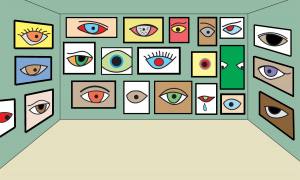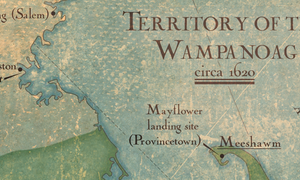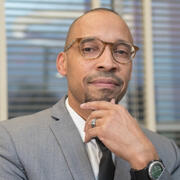text
Informational
Anything We Love Can Be Saved (Introduction)
In this introduction, Alice Walker touches on ideas of activism, the strength of the individual, enlightenment, fear of being inferior and the conviction needed to embrace one's life.
July 7, 2014



